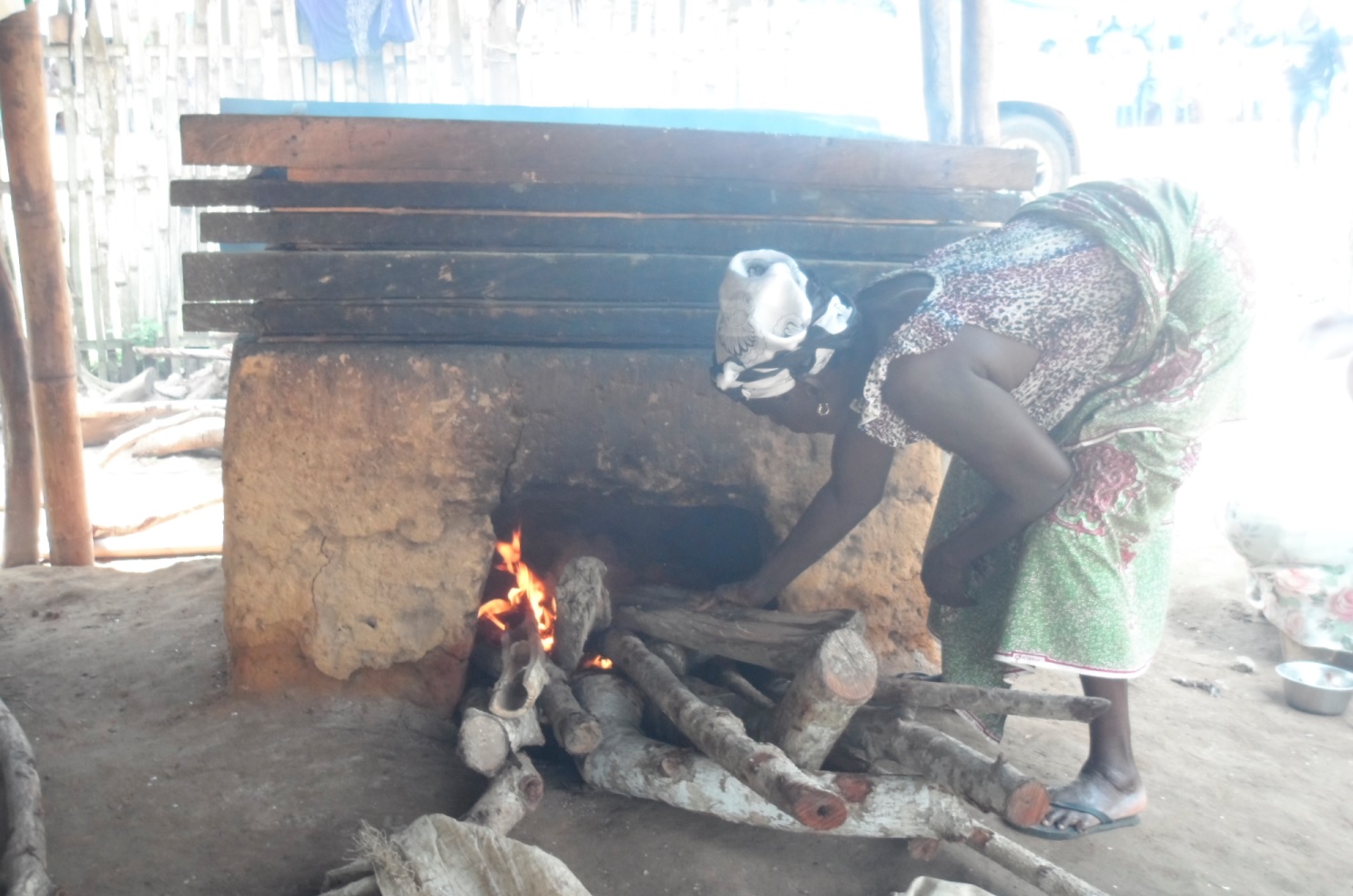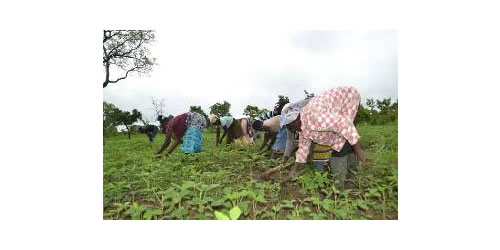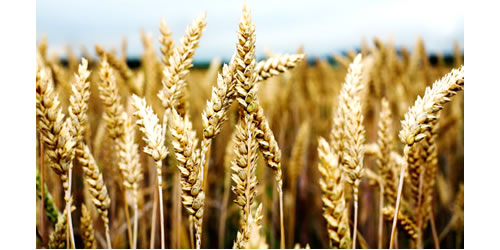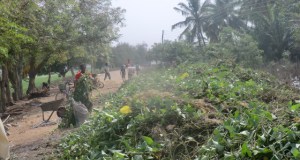Fishmongers Asked To Adopt Hygienic Fish Smoking Methods

Fish processors and traders in the Western Region, have been called upon to adopt hygienic smoking and processing methods, so as to add value to the fish they produce.
They have therefore been advised to use the “smokeless oven” for fish processing in order to safeguard their health and that of fish consumers.
The smokeless oven also known as ‘Ahotor Oven’ was introduced by the Sustainable Fisheries Management Project (SFMP) in collaboration with Daasgift Quality Foundation, after a research by the Fish Research Institute (FRI) and approved by the Foods and Drugs Authority (FDA) and the Ghana Standard Authority (GSA).
Mr Thomas Suapim Regional President of the National Fish Processers and Traders Association, (NFPTA) made the call at the commissioning of ‘Ahotor Oven’ at Ankobra in the Nzema East Municipality of the Western Region.
He urged fish processors to patronise the oven in view of its economic benefits, adding that it saves fish processors 40 percent of the cost of firewood used for processing fish and prevent them from inhaling smoke.
The oven, he said, apart from being more energy efficient it was also durable than the baseline stove initially used by women and its improved combustion system has less impact on the fish processors.
Mr Suapim in this regard encouraged fishmongers to embrace the new technology to safeguard the health of the fish consumers, adding that, fish smoked from the Ahotor Oven could be exported.
He commended Daasgift for introducing the oven to fishmongers in the Western Region, adding that, fish processors in the Shama District, Nzema East Municipality and Axim have already been educated on the benefits of the new Oven.
Mr Stephen Swazzy, DAASGIFT Project Coordinator for Ankobra, said SFMP would pay 30 percent of the cost of the oven, which stood at GH¢1,500.00 and that the NGO was collaborating with GN Bank, which would provide loans to interested fish processors to purchase the oven.
Mr Swazzy said the first 100 people who would register for the ovens would be given at a discount and stressed that it was important for all fish mongers to acquire the oven since it has a lot of benefits.
Mr Kwame Marccathy, District Chief Fisherman, commended SFMP and Daasgift for introducing the Ahotor Oven to fish mongers in the Western Region and encouraged all fishmongers in the Region to patronise the Oven.
Mr Marccathy urged those who have benefited from the new technology to share their experiences with other fishing communities in the Region and asked Daasgift to extend the project to fishing communities in the Region and advised the fishmongers to always observe fire safety measures any time they used the oven to avoid any domestic fire.
Nana Gyikro Nkrumah, Chief of the area who presided, urged the fishmongers to take the project seriously and lauded Daasgift for the project, which he noted would not only improve the lives of the fishmongers but would also enhance development in the Ankobra traditional area.
The programme under the theme “Ma Ahotor mbrawo nam ho mu” was attended by women groups, Fisheries Commission, environmental scientists, Ghana National Fire Service and the stove producers.
Banners, flyers and sheets facts were available to inform people about the current fish smoking practices and the need to change to the new oven.
Through a theatre play, the challenges of traditional fish smoking were communicated to the audience in an engaging manner.
The United States Agency for International Development (USAID) under the ‘Feed the Future’ initiative introduced by the US President Barack Obama, to reduce poverty and hunger in Africa, thus committed funds towards the implementation of the Sustainable Fisheries Management Project in 2014.
The project, among other things, aimed at rebuilding the marine fish stocks through the adoption of sustainable fishing practices and exploitation levels.
The fishing industry offers more than two million indirect jobs to Ghanaians and contributed as much as 4.5 percent of the country’s Gross Domestic Product (GDP) at some point in time.
Source: ghananewsagency.org





